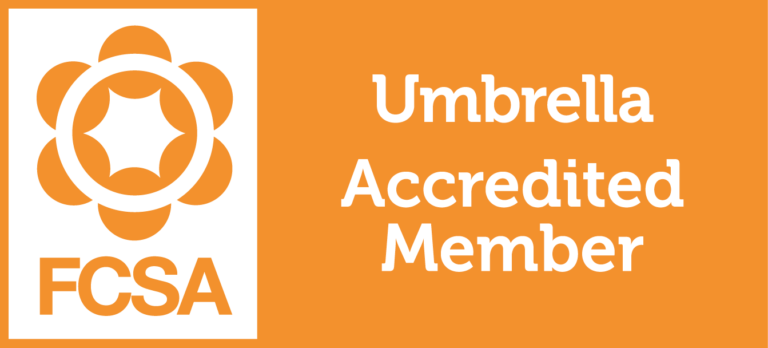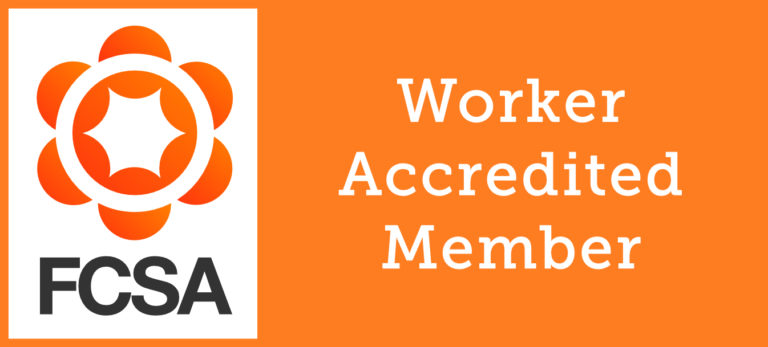IR35: What Responsibilities Do Recruitment Agencies Hold?
In less than five-months, IR35 will be enforced in both the private and public sector. The complexities of IR35 have left many end-clients, recruitment agencies and contractors unsure of how their businesses will operate from April 2021. Although status determination responsibility lies solely with the end client, recruitment agencies will be expected to play a critical role through the duration of each contract. As such, agencies cannot afford to avoid IR35 preparations, as non-compliance from April 2021 will result in financial, operational, and reputational risks.
Recruitment Agency Roles & Responsibilities
Recruitment agencies will play a vital part in facilitating communication between the end-client and the contractor. As a contractor’s IR35 status may vary from contract to contract, recruitment agencies will need to ensure contractors are aware of the implications of each status before they sign on to a job. As such, recruitment consultants will need to be well-versed on the status determination process, the consequences of each status and IR35 terminology. It is advised that agencies document all communications, decisions, and advice to act as evidence of reasonable care if HMRC were to dispute a status determination.
Status Determination Process
For each role, the end-client must:
- Determine the IR35 status, using reasonable care
- Communicate a Status Determination Statement, including the basis for their decision, down the supply chain to the recruitment agency and direct to the contractor
If either of these conditions is not met, any deemed payment liabilities transfer automatically to the end-client.
The key areas end-clients will need to consider are:
- What responsibilities will the contractor hold?
- Will the contractor be subject to direction, supervision, or control, either contractually or in practice?
- Can the contractor provide a substitute in practice, not just under the contract?
- Can the contractor be moved from job to job, regardless of the scope of work originally agreed?
- Is the contractor responsible for rectifying any mistakes at their own expense?
- Does the contractor provide their own equipment?
- Will the contractor be treated as ‘part and parcel’ of the end-client organisation, e.g. subject to internal reporting lines, attending company functions, receiving staff discounts in the canteen etc.?
Status Determination Appeal
If a contractor were to appeal a status determination, the end-client would need to follow a status disagreement process. In this case, agencies may need to mediate negotiations and assist in determining a viable resolution. Where the agency is administering payroll, they will be required to liaise with the contractor to decide whether challenging a status determination is reasonable.
Recruitment agencies will be responsible for passing the determination down the supply chain (where applicable) such as to an Umbrella company or another agency. Failure to do so will result in all unpaid tax liabilities being transferred to the agency.
Payroll & Preferred Supplier List Responsibilities
With April 2021 just around the corner, the payroll industry has seen an increase in disguised remuneration arrangements and companies operating under a mini umbrella company model (MUC). According to a statement released by HMRC, ‘the MUC model is an employment intermediary model which presents an organised crime threat to the UK Exchequer. The fraud is primarily based around the abuse of two Government incentives aimed at small businesses – the VAT Flat Rate Scheme and the Employment Allowance. But this type of fraud can also result in the non-payment of other taxes such as PAYE, National Insurance and VAT.’ Recruitment agencies that use a non-compliant supplier who incorrectly administers tax and national insurance may see these costs transferred up the supply chain through the Transfer of Debt Provision. The Transfer of Debt Provision allows HMRC to recover any unpaid tax and national insurance liabilities direct from the agency. If this is unsuccessful, the end-client is next in line. With liabilities potentially exceeding 60% of the contractor’s gross rate, it is crucial to ensure you can trust your supply chain to operate compliantly 100% of the time.
This risk to agencies and end-clients brings sharply into focus the need for a compliant and transparent supply chain. Generate is offering agencies a free IR35 compliance audit and IR35 training sessions to ensure that recruitment agencies are protected and prepared for April 2021.











